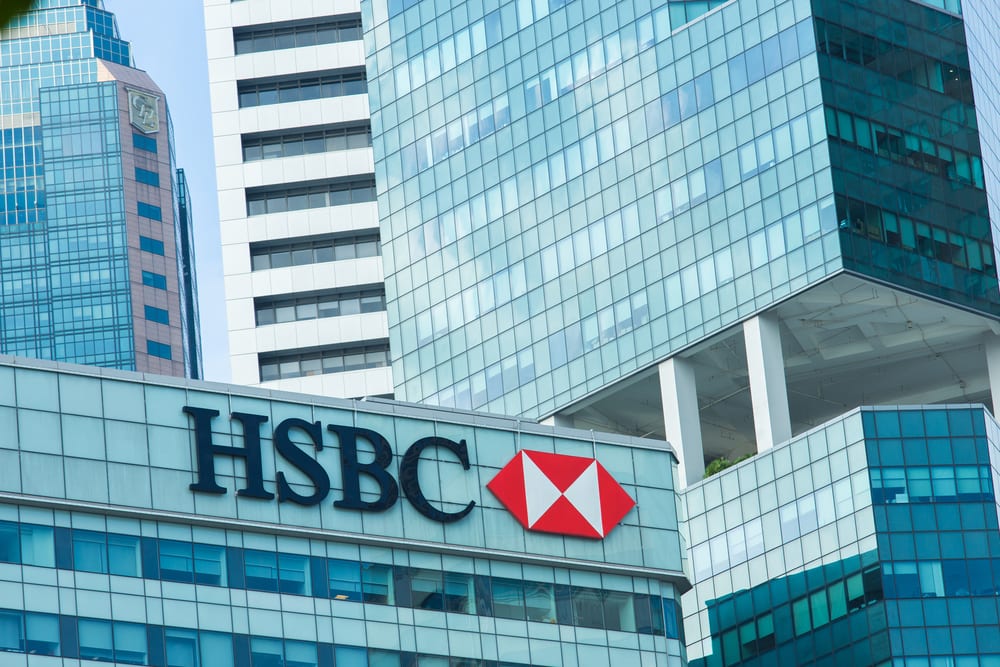Key points:
- Both Barclays and HSBC reported doubled profits on covid recovery
- Part of this came from loan reserve writebacks
- There’s still the effect of rising interest rates to come.
- How to Buy Barclays Shares
Both Barclays (LON: BARC) and HSBC (LON: HSBA) have reported doubled or more than doubled profits for the full year 2021. This is not exactly a surprise given the recovery in the global economy over that time. We could consider that things look good and that this is all reflected in the current share prices.
However, it’s worth having a slightly closer look and think here. One reason for the Barclays and HSBC – and this will also apply to NatWest (LON: NWG) and Lloyds (LON: LLOY) – profit rises is that they were able to write back some of their loan losses. Back when things were looking disastrous everyone made provisions for the number of folk they thought would go bust and so not pay back their loans. As it happened the economy recovered faster than thought, government support was greater, so those loan loss reserves weren’t used. Now that things are better they can come back out of the capital base and be the profit they were all along.

Also Read: Which Banks Benefit From Rising Interest Rates Not Passed On To Savers?
This is, obviously, a “good thing”. But we should note that this is a one-time thing, you don’t get to write back the loss reserves year after year.
It’s also true that HSBC is saying they’re facing a cost crunch, The price of a decent banker is rising swiftly so their wage bill is going up. That’s something happening in investment banking so will affect Barclays too. It’s something that will have much less effect on NatWest and Lloyds in their turn – they have very much smaller capital market operations.
As ever though we want to know what happens next. What has happened is interesting but what will is the thing that determines a share price. Here we need to delve into basic economics. Banks live off their margin. That’s the difference between the rate they pay on deposits and the interest they can charge to borrowers. This past decade has seen considerable compression of margins. Depositors have been very resistant to negative interest rates but governments have been pushing loan rates down as far as they can. This has meant those margins compressing.
As interest rates rise we, therefore, expect to see bank margins rise. This will – barring that increase in investment banker pay at HSBC – likely flow directly through to the bottom line of the banks. We could – should – see a surge in banking profits in coming years. This will be entirely independent of the state of the economy and the normal cyclical moves in losses and reserves, business written and so on. We expect to see a structural widening of bank margins.
This is well enough known in the market but what isn’t known is how much of this is already incorporated into bank share prices. Given that Lloyds and NatWest do tend to tick up every time the Bank of England mentions raising interest rates, it might not be entirely already incorporated.
It’s possible, not certain but possible, that the effect of rising interest rates on bank profit margins is still to be incorporated into bank share prices.




